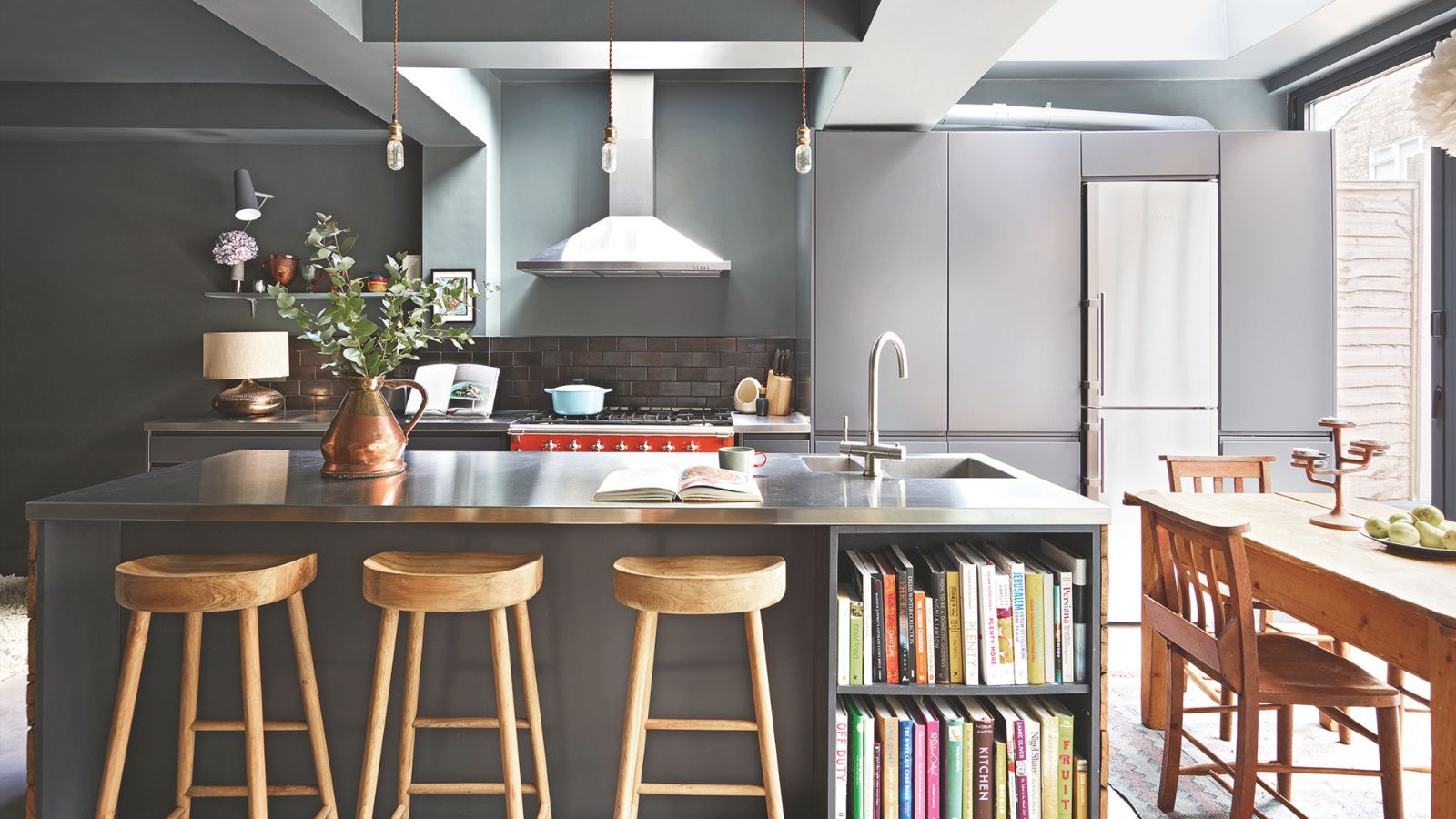
Whether you can or can't multi-task successfully, it's no doubt a concept we're all familiar with. But, what 'single-tasking' is the key to stress-free chores?
From popping on the washing machine and doing the washing up, to dusting while you polish, it may seem beneficial to multi-task. But, the pros say, it's best to focus on just one specific task at a time, rather than always trying to be savvy with your precious time.
Here, they explain the benefits of single-tasking and why this simple cleaning tip proves that, sometimes, less is more.
What is single-tasking?
As Alex Varela, general manager of Dallas Maids, explains, essentially and simply, single-tasking is the exact opposite of multitasking, focusing on completing one specific task at a time before moving on to the next.
'It's a way of handling long or complex tasks,' he says. 'For house cleaning, single-tasking can help you complete cleaning tasks if you start feeling tired or stressed out about completing tasks that you haven't even started,' for example, if you're struggling with how to clean when you're feeling overwhelmed.
Alessandro Gazzo, cleaning expert at Emily's Maids, adds that this means following a checklist, one task at a time, when it comes to approaching or creating your achievable cleaning routine, 'without trying to "cheat," skip tasks, or multitask.'
Why is single-tasking better than multi-tasking?
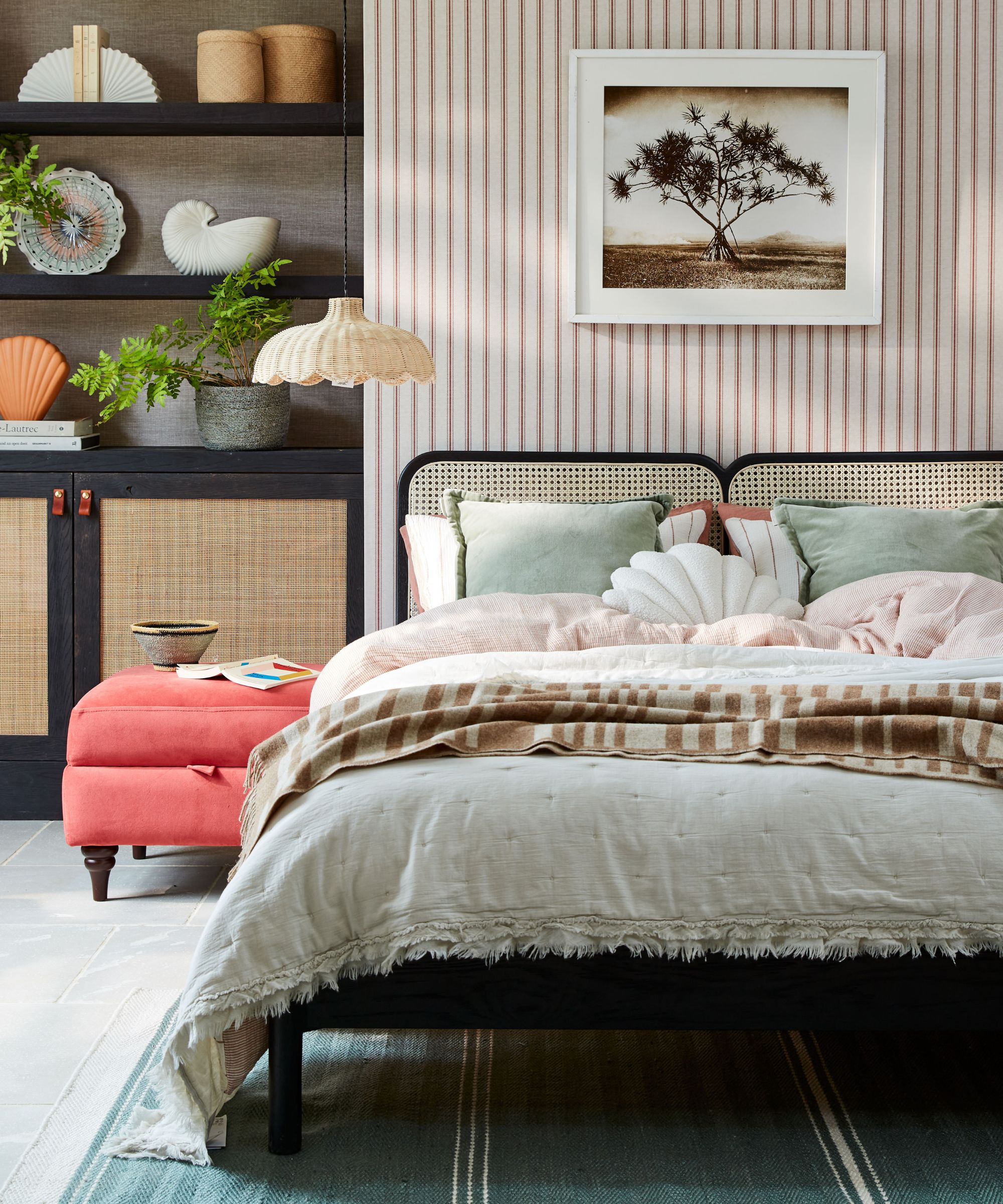
Jordan Conrad is a psychotherapist as well as the founding clinical director of Madison Park Psychotherapy. He relates the concept of 'single-tasking' to the one touch tidying rule.
'The idea behind both single-tasking and the one-touch rule is that your attention and efforts should be devoted to what you are doing and not what comes next,' he explains. And, if you need assurance, Jordan asserts that the 'evidence is pretty robust' that humans are in fact better at 'single-tasking' than multitasking.
'Although we each think we can do multiple things at the same time, researchers have studied the effect that juggling two tasks at once, or moving back and forth from one task to the other, has on productivity. There are two problems.
'The first is that when you are single-tasking, particularly when you are able to shut off extraneous distractions like phones, people are able to get into highly productive states called deep focus or deep work.
'In these states, people demonstrate enhanced memory retrieval works better and in general, have faster response times. Multi-tasking takes people out of these states - even a short glance at your emails or answering a text message can pull you right out of these productive states.'
In turn, this can make ticking tasks off your decluttering checklist or your household chores you should be doing weekly far more challenging.
'The second reason is that it turns out that there is a kind of start-up cost that occurs each time you begin a new task – even easy and familiar tasks – and that each time you pivot your attention from one place to another, you pay that price in energy,' he continues.
'People who multitask a lot might get more done, but they are often more fatigued and their productivity often gets much worse over time. That is because the act of switching tasks takes a toll on your energy.'
This often results in people forcefully having to tidy when overwhelmed, declutter their homes when overwhelmed, and even falling at the first hurdle, failing to make their to-do list less overwhelming.
Therefore, as Jordan highlights, by focusing on one specific task at a time, you negate the chances of giving up before you've even started.
Steve Evans, owner of Memphis Maids, adds that 'single-tasking' is also ideal if you often start many tasks but never complete them, or if you feel pressured to finish all these tasks at once.
'I think single-tasking is a healthy way to organize your brain and reduce the "clutter" in your mind,' he says. 'As a cleaning expert, we always prefer single-tasking because we have already tried many different combinations of cleaning tasks, and we just can’t risk missing a task by accident. So we always follow a clear, structured process.'
When might multitasking be more beneficial?
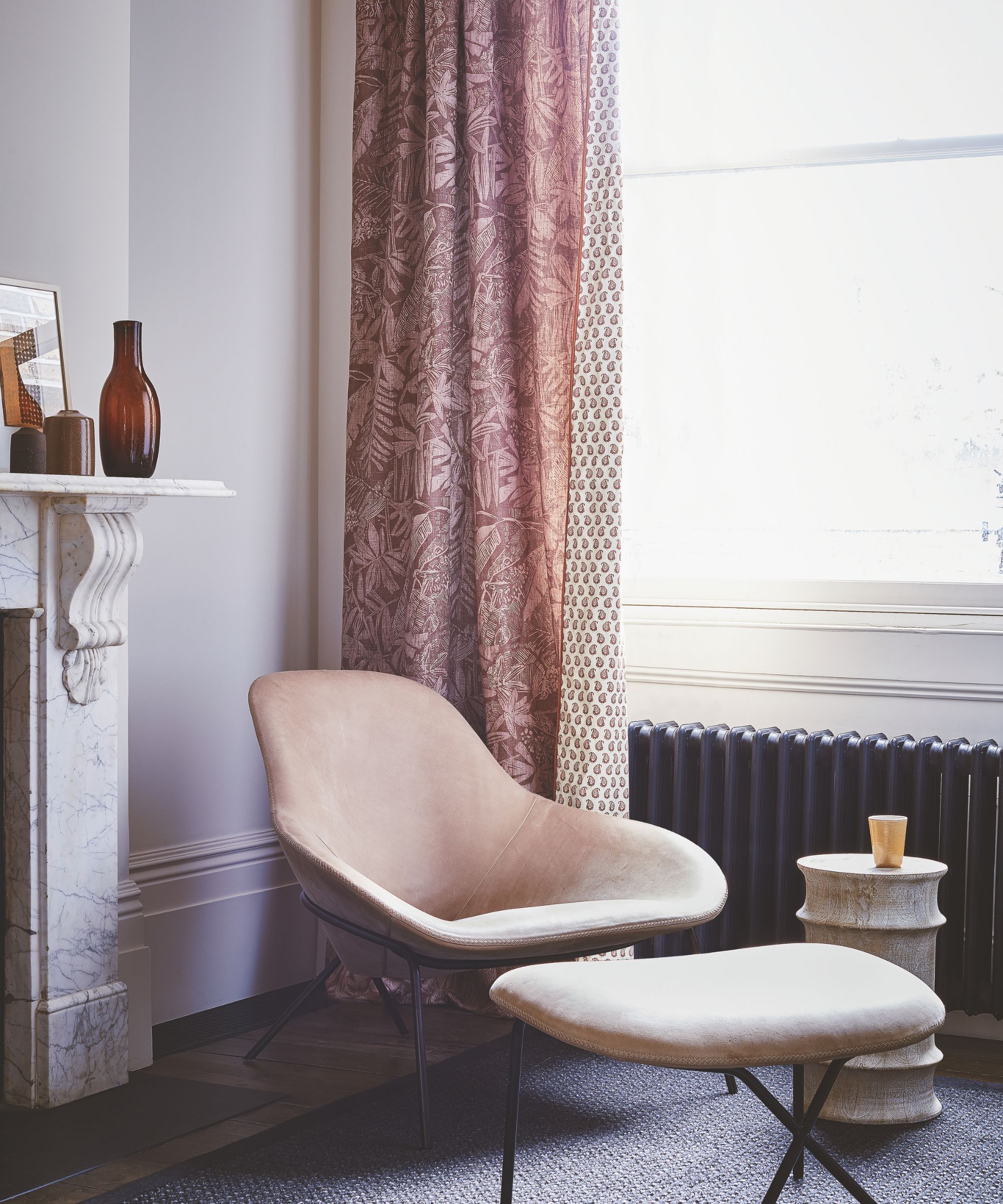
Of course, that's not to say that single-tasking is always better than multitasking in every instance, and for some people, it might not be better at all.
'For some people, multitasking can be better,' says cleaning expert Alex. 'It just depends on the way you organize your tasks, and the way you work or complete tasks. Some people feel more at-ease with multitasking, while other feel better with single-tasking to help focus and "conquer" goals one by one.'
If there's one thing all our pros agree on, it's that passive task stacking is the most beneficial way to multitask, rather than trying to actually do two or more chores at once.
'I would recommend multi-tasking if you have any cleaning appliances working at the same time, like the washing machine, your best robot vacuum, or the dishwasher,' adds Alex, for example, running your dishwasher and cleaning your kitchen at the same time. 'You can also combine a single cleaning task with a non-cleaning task, like listening to a podcast or just some music.
'I think this is so helpful to help you get in the mood and give it a fun, positive twist.'
Psychotherapist Joseph also recommends trying to multitask if you find yourself stuck on a problem that you can't seem to get out of, as switching tasks will force you to think differently for a while, so you can then return to it with a different state of mind. This will help to swerve any home cleaning mistakes or decluttering mistakes, and help to avoid declutter regret, too.
Additionally, to cleaning expert Steve, multitasking is good if you want to do some general cleaning or tidying, but aren't yet clear on what the exact tasks you need to complete are. 'So, it could be 30 minutes of tidying up your living room, for example,' he recommends.
What to shop
All prices were correct at the time of publication.
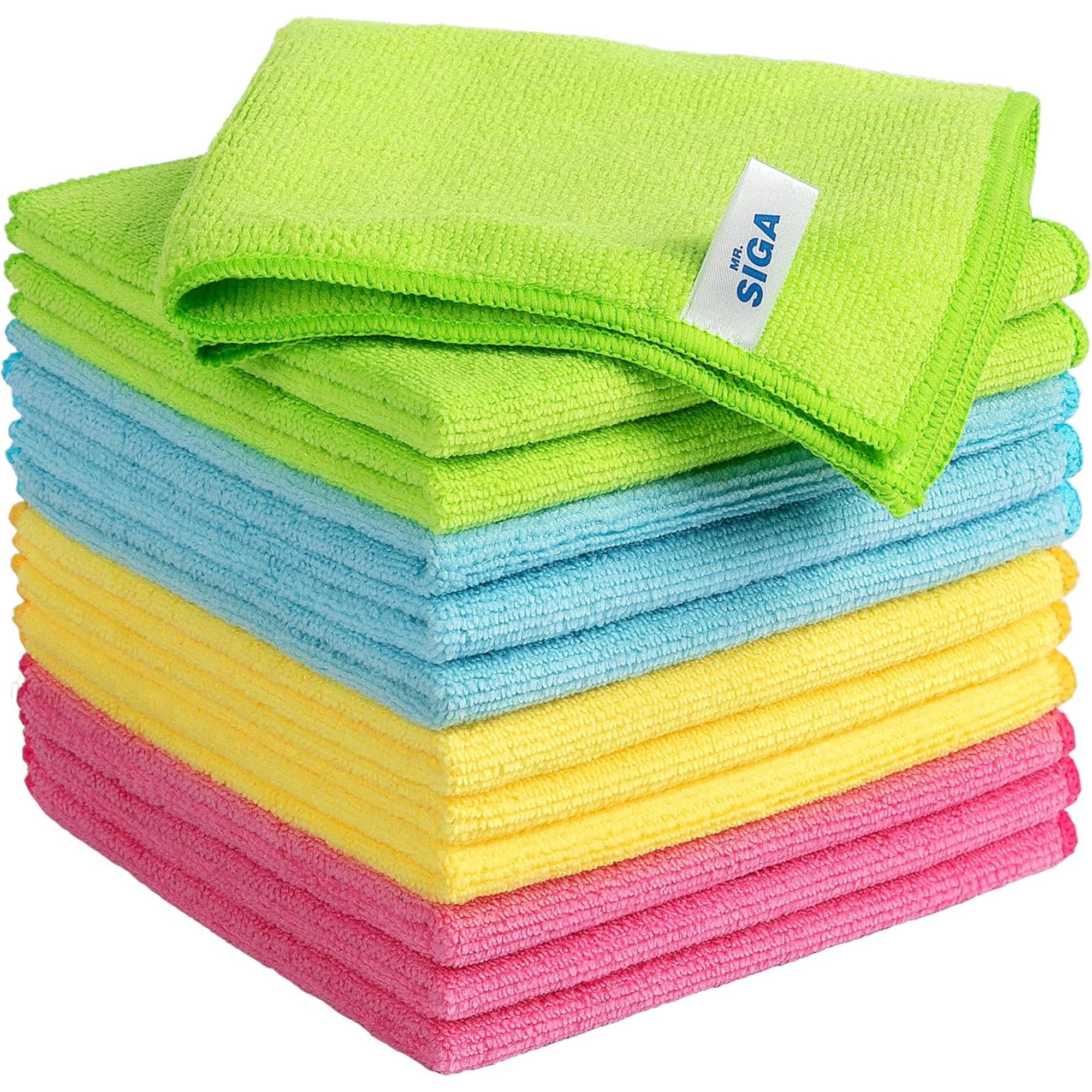
Is there truly anything a microfiber cloth can't do? Dust, wipe and polish your way to a beautiful home with these super soft, absorbent and lint-free cloths.
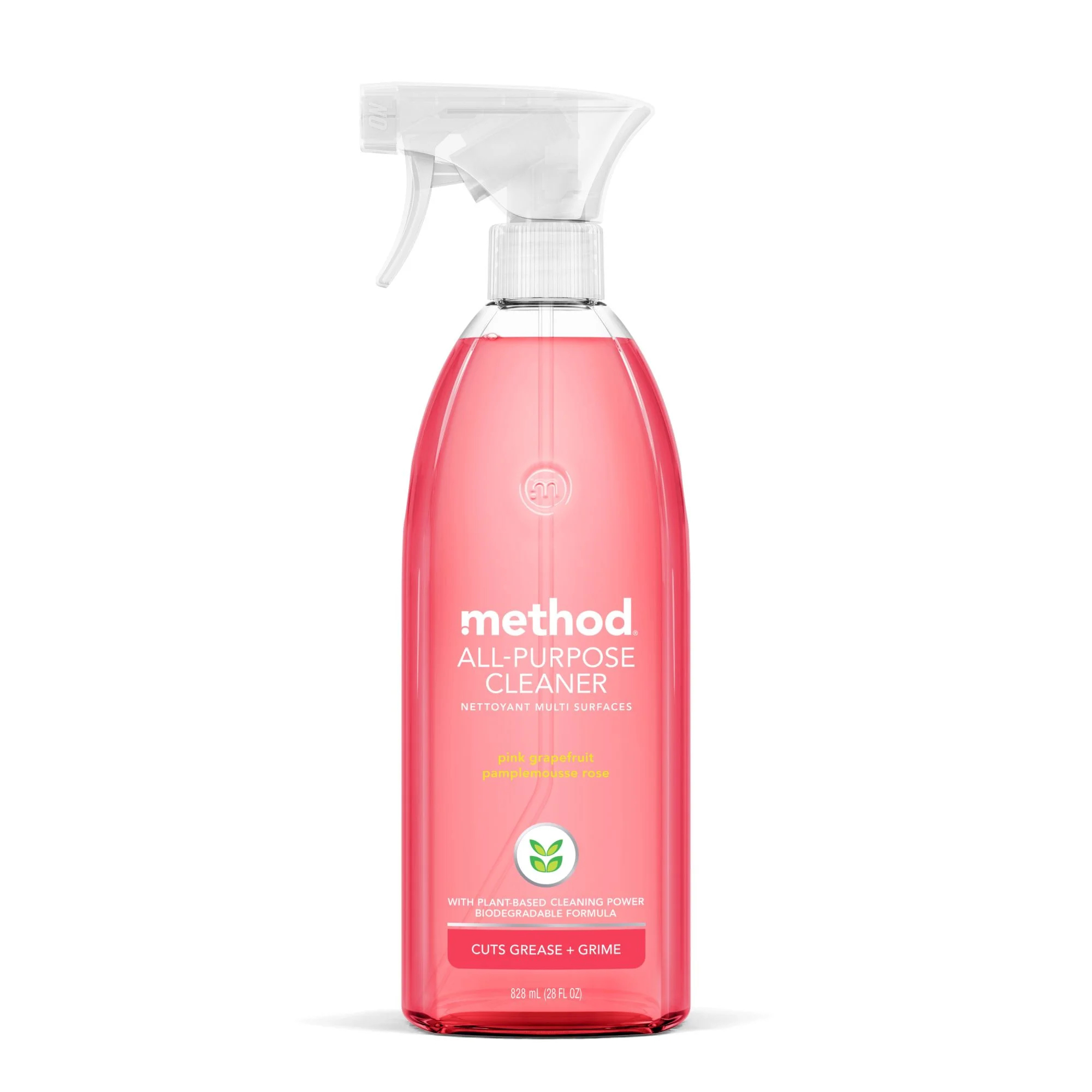
An bestselling all-purpose cleaning spray is something everyone should have in their cleaning supplies arsenal. This one is all-natural, with plant-based ingredients, and a fresh and zingy grapefruit scent.
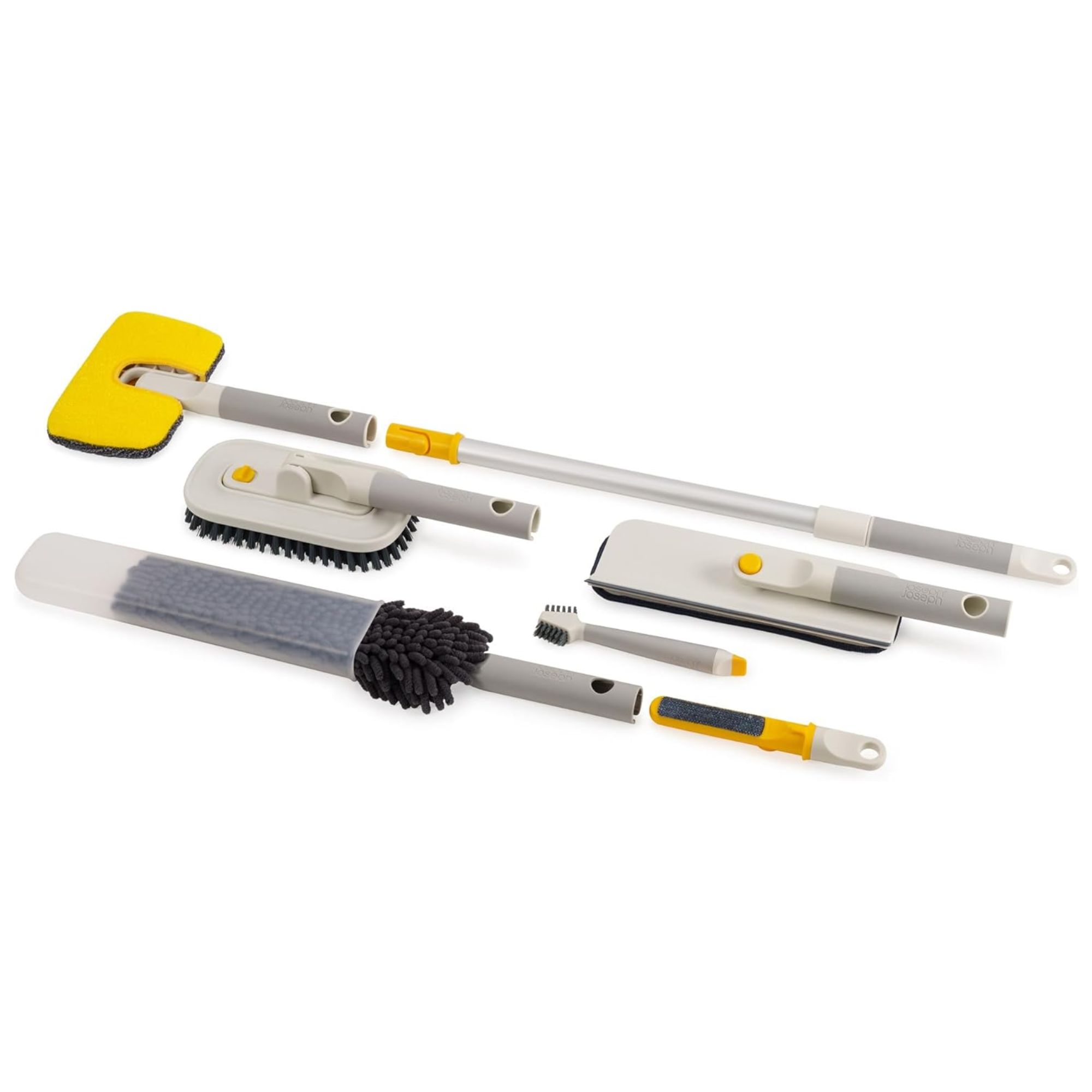
This cleaning system is perfect for bathrooms but can be used all over the home. The clever telescopic handle makes it quick and easy to tackle even the hardest of hard-to-reach areas.
Meet our experts
FAQs
Is multitasking a strength or a weakness?
In general, multitasking is a strength, allowing individuals to enjoy the convenience of getting more than one task done at a time. But it's not without its drawbacks.
In fact, sometimes, trying to do more than you're able to at once can lead to developing bad cleaning habits to break.
Both single and multitasking are habits to spend less time cleaning, but do you ever work from top to bottom, or get your family involved?







